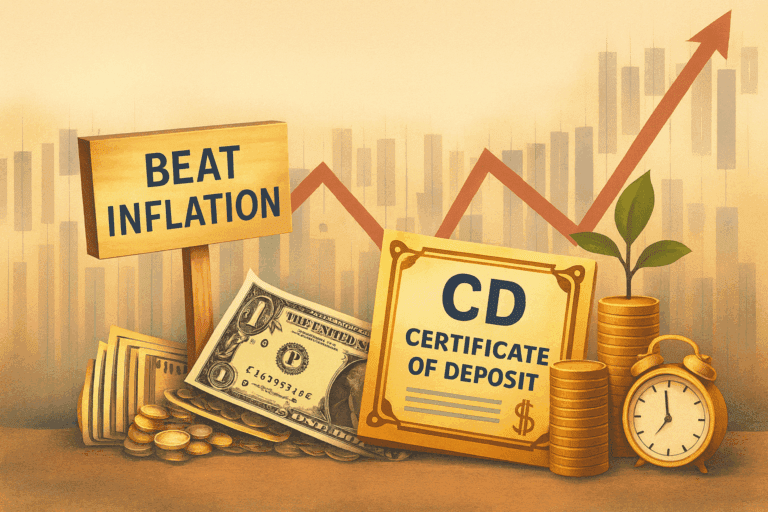College used to be a surefire path to financial stability. But in 2025, rising tuition, student debt, and a shifting job market—especially with AI automating entry-level roles—mean some degrees no longer deliver the return they once promised.
If you’re considering college, here are 20 degrees that often leave graduates underpaid, underemployed, or overwhelmed by debt.
1. Education

Despite its societal importance, education degrees often lead to low-paying jobs. Median salaries hover around $58,000; the degree can result in a lifetime financial loss of approximately $149,000.
2. Performing Arts

Jobs in this field are notoriously difficult to land and financially sustain. Most roles lack stability and come with modest pay, making ROI elusive.
3. Culinary Arts

Tuition for culinary schools is steep, yet entry-level kitchen jobs offer low wages and long hours. Many graduates struggle to break even on their educational costs.
4. Philosophy

Though intellectually enriching, philosophy degrees rarely lead to high-paying careers. Job opportunities are limited without pursuing advanced education.
5. Art History

This degree has limited market appeal. Its niche career paths are mostly in museums or academia, and salaries often fall short of supporting student debt repayment.
6. Anthropology

Anthropology is a fascinating field of study, but there are few real-world job applications. The few roles that exist often require additional schooling.
7. Sociology

Sociology grads frequently encounter tight job markets and limited upward mobility. Most need a master’s degree to boost earning potential.
8. Communications

This popular major faces disruption from AI, automation, and industry downsizing. Entry-level roles are competitive and often underpaid.
9. Journalism

The media industry has contracted sharply, with fewer stable opportunities. Most journalists earn modest incomes, especially early in their careers.
10. Criminal Justice

Many criminal justice roles pay less than $45,000 annually and offer limited advancement without specialization. Job satisfaction often doesn’t align with compensation.
11. Theology and Religious Studies

Career options for theology grads are confined mainly to religious settings. Salaries are typically low, and opportunities are narrow.
12. Fine Arts

Artists may thrive creatively but face high unemployment and inconsistent income. A fine arts degree often leads to freelancing rather than full-time work.
13. Music

Music majors frequently encounter tough competition and limited job security. Many must supplement their income through unrelated work.
14. General Social Sciences

This broad degree doesn’t always translate to focused career paths. Graduates may need further education to stand out in the job market.
15. Liberal Arts

Liberal arts degrees offer versatility but not necessarily employability. Many graduates struggle with unclear career trajectories and modest wages.
16. Psychology

A bachelor’s in psychology seldom leads to high-paying roles. Career advancement typically requires graduate school.
17. History

History degrees often funnel graduates into teaching or academia, where pay can be underwhelming. Opportunities outside these fields are limited.
18. English

While writing and communication skills are valuable, jobs for English majors often don’t pay enough to offset student loans, and many end up in unrelated roles.
Read More: How an Art Degree Can Unlock Your Career Potential
19. Foreign Languages

Though useful, language degrees alone rarely lead to high-demand jobs. Fluency is beneficial but often needs to be paired with other skills.
Read More: The 10 Least Valuable Undergrad Degrees
20. Fashion Design

This competitive field offers limited high-paying roles. Most designers start with unpaid internships or low-wage positions, making loan repayment difficult.
Bottom line:
While passion is essential, it’s crucial to consider the financial implications of your chosen degree. Researching job prospects, potential salaries, and the cost of education can help ensure a worthwhile investment in your future.
Read More: Follow Your Passion with These Creative Career Options








